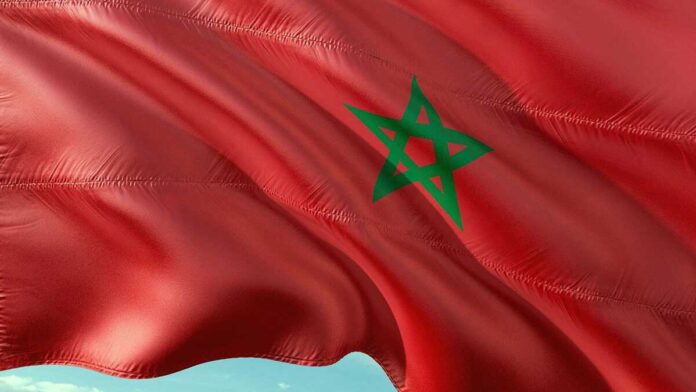Morocco’s Ministry of Economy and Finance has outlined its 2026 Finance Bill, setting a clear course for the government’s economic and social priorities. Sent by the Prime Minister to the full cabinet, the guidance document frames public action around transformation—combining economic ambition, social cohesion, balanced territorial development, and a stronger assertion of national sovereignty. The overarching goal is to elevate Morocco into the ranks of the world’s most influential emerging economies.
The budget framework for next year will rest on four main pillars: building on recent economic gains to solidify Morocco’s position internationally, narrowing social and regional inequalities through integrated development, reinforcing the foundations of a modern social state, and driving forward large-scale reforms with strict fiscal discipline.
The government is determined to keep Morocco attractive to foreign investors, highlighting political stability, a responsive regulatory framework, and targeted incentives as key levers to draw international capital.
With the 2030 FIFA World Cup on the horizon, major infrastructure projects are planned. Around 25 billion dirhams will be invested in airport upgrades. Royal Air Maroc’s fleet will expand to 200 aircraft through a multi-year investment program worth 196 billion dirhams. The national railway operator will receive 96 billion dirhams to extend the high-speed train network, while 14.4 billion dirhams will go toward road modernization—including 6.5 billion for the continental highway linking Casablanca and Rabat.
On the maritime front, the government intends to complete the Nador West Med port and launch the development of its adjoining industrial zone. Construction of the Dakhla Atlantic port will be fast-tracked to boost Morocco’s position along global shipping routes and expand its logistics capacity.
Against a backdrop of geopolitical tensions, climate disruption, and volatile markets, securing strategic resources is seen as a top priority. The plan calls for strengthening national autonomy in energy, food security, and advanced technology to shield the country from external shocks and ensure long-term resilience.
